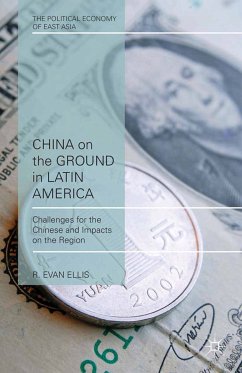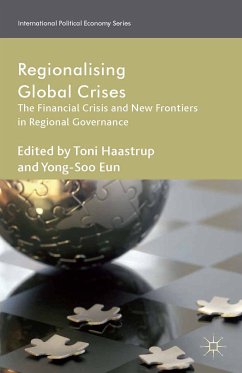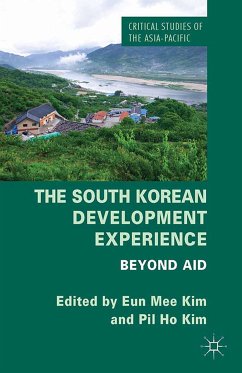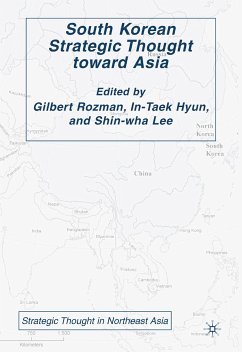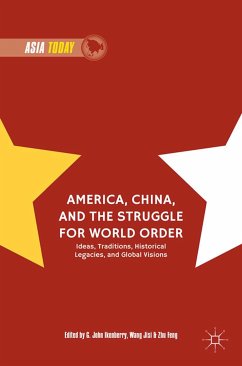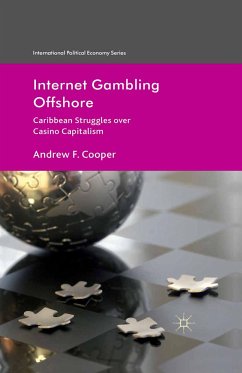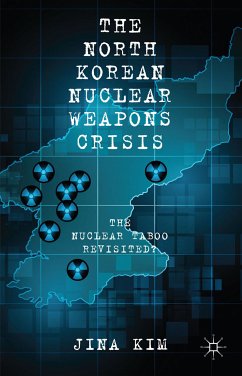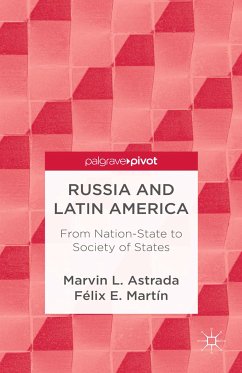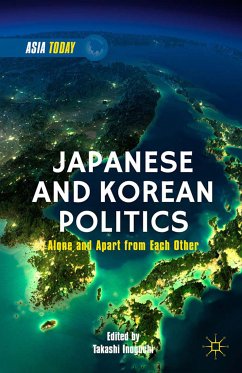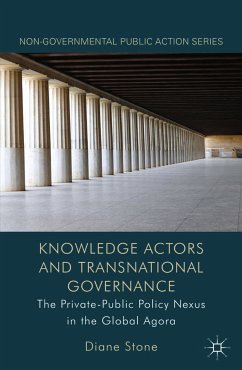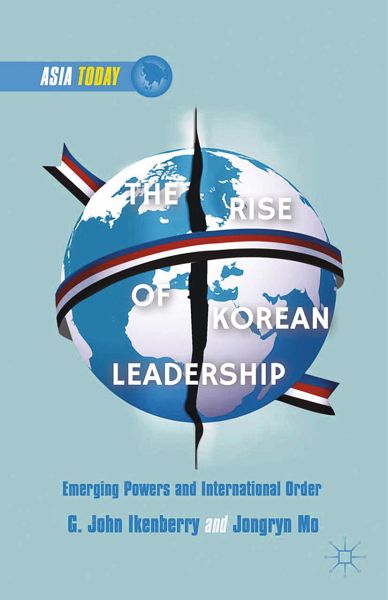
The Rise of Korean Leadership (eBook, PDF)
Emerging Powers and Liberal International Order
Versandkostenfrei!
Sofort per Download lieferbar
40,95 €
inkl. MwSt.
Weitere Ausgaben:

PAYBACK Punkte
20 °P sammeln!
South Korea has emerged as a new middle power playing a significant role in a wide range of important global issue areas and supporting liberal international order with its leadership diplomacy. The growing role played by new powers like Korea calls into question the prevailing view that global governance is polarized with emerging powers challenging the liberal international order established by the United States and its European allies after World War II. As the case of Korea shows, large developing countries like the BRICS are not the only emerging powers active in global governance. Newly ...
South Korea has emerged as a new middle power playing a significant role in a wide range of important global issue areas and supporting liberal international order with its leadership diplomacy. The growing role played by new powers like Korea calls into question the prevailing view that global governance is polarized with emerging powers challenging the liberal international order established by the United States and its European allies after World War II. As the case of Korea shows, large developing countries like the BRICS are not the only emerging powers active in global governance. Newly developed or high income developing countries like South Korea, Turkey and Mexico are also active emerging powers, taking new initiatives, setting agendas and mediating conflicts between rival groups on the global stage. Because these high income developing countries have advanced under and benefited from the liberal international order, they see a great stake in its stability and show a willingness to protect it. "Liberal internationalist" developing countries are joining the expanding list of middle powers who contribute to the maintenance of liberal international order as niche players and system supporters.
Dieser Download kann aus rechtlichen Gründen nur mit Rechnungsadresse in A, B, BG, CY, CZ, D, DK, EW, E, FIN, F, GR, HR, H, IRL, I, LT, L, LR, M, NL, PL, P, R, S, SLO, SK ausgeliefert werden.



